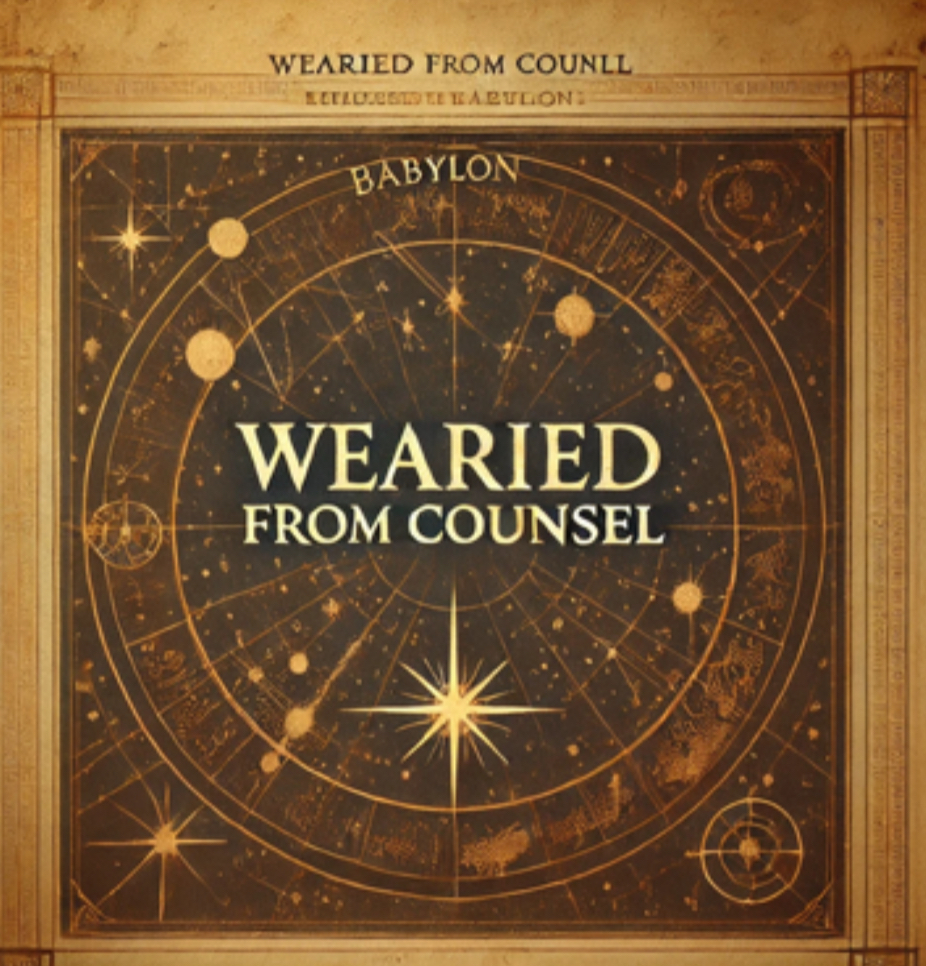“Woe unto them! for they have gone in the way of Cain, and ran greedily after the error of Balaam for reward, and perished in the gainsaying of Core.” – Jude 1:11
When God warns people in the Bible, He doesn’t waste words. In Jude 1:11, He gives three names—Cain, Balaam, and Korah (Core in the New Testament spelling). Each of these men represents a dangerous path that leads to destruction. God used them as examples because their stories repeat themselves throughout history, and if we’re not careful, they can show up in our own lives or even in the church today.
The Way of Cain – Worship on His Own Terms
Cain was the firstborn son of Adam and Eve, but instead of following God’s way, he decided to do things his own way. When he and his brother Abel brought offerings to God, Abel brought a lamb—just as God had taught. Cain, however, brought the fruit of the ground, the work of his own hands. God accepted Abel’s offering but rejected Cain’s. Instead of repenting, Cain got angry and murdered his brother (Genesis 4:1-8).
Cain’s problem wasn’t that he brought a bad gift—it was that he rejected God’s plan and tried to approach Him on his own terms. Many people do the same today, thinking they can come to God their own way instead of through Jesus Christ. False teachers often twist Scripture, making people think they can be saved by good works, personal effort, or religious rituals. But just like Cain, any approach to God apart from the way He has provided will be rejected.
The Error of Balaam – Using God for Personal Gain
Balaam was a prophet, but he wasn’t a faithful one. In Numbers 22-24, the king of Moab tried to pay Balaam to curse Israel. Balaam knew it was wrong, but he kept looking for a way to do it because he wanted the reward. God stopped him in an unusual way—by making his donkey talk! Still, Balaam found a loophole. Since he couldn’t curse Israel directly, he taught the Moabites how to advertise sin to Israel, leading to God’s judgment on His own people (Numbers 25:1-9, Revelation 2:14).
Balaam represents those who serve God for selfish reasons. They claim to speak for Him, but their real concern is money, power, or influence. This warning is just as important today as it was then. Many preachers and leaders use religion for personal gain, telling people what they want to hear instead of what they need to hear. Christians must guard against those who put profit over truth.
The Rebellion of Korah – Rejecting God’s Authority
Korah was a Levite, part of the tribe chosen to serve in the tabernacle, but he wanted more. He and 250 others challenged Moses and Aaron, claiming that all the people were holy and that Moses had taken too much power for himself (Numbers 16:1-3). In reality, Korah wasn’t rebelling against Moses—he was rebelling against God.
God responded in a way no one expected. The ground opened up and swallowed Korah, his followers, and their families. Then fire from the LORD consumed the 250 men who had joined him (Numbers 16:31-35). It was a terrifying judgment, proving that no one can take God’s authority for themselves.
This same rebellion happens today. Many reject God’s order in the church, claiming that all authority is man-made. Some refuse to submit to biblical teaching, saying they don’t need pastors, teachers, or spiritual leadership. But God has always set up authority in His people, and rejecting it leads to disaster.
Why Did God Use These Three?
Jude warned that false teachers would rise up in the last days, leading people astray just like Cain, Balaam, and Korah. Each of these men represents a different kind of danger:
• Cain rejected God’s way of forgiveness.
• Balaam used religion for personal gain.
• Korah rebelled against God’s authority.
These sins have not disappeared. They are alive today in many churches, in people who twist the gospel, in leaders who exploit others for money, and in those who refuse to submit to God’s design.
What Can We Learn?
Paul wrote in 1 Corinthians 10:11, “Now all these things happened unto them for ensamples: and they are written for our admonition, upon whom the ends of the world are come.” This is a warning for us today.
Jude 1:11 says, “Woe unto them!” That is a serious warning. These three men all thought they could do things their own way, and each of them faced judgment. The same warning applies today. We must learn from their mistakes, hold to the truth, and follow God with humility and faithfulness.




